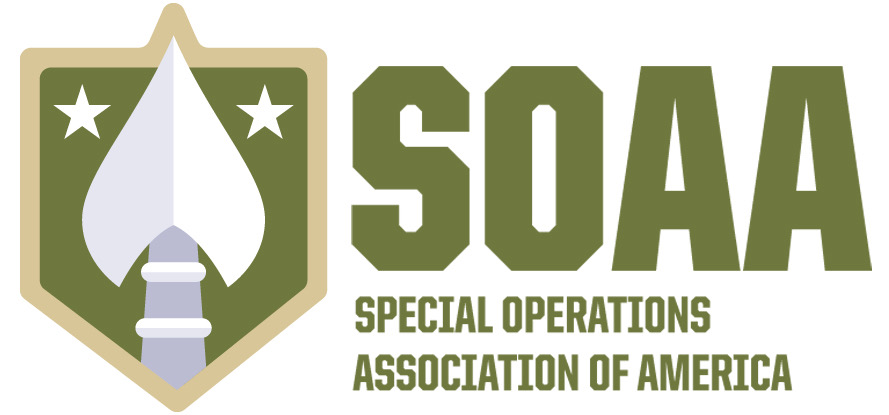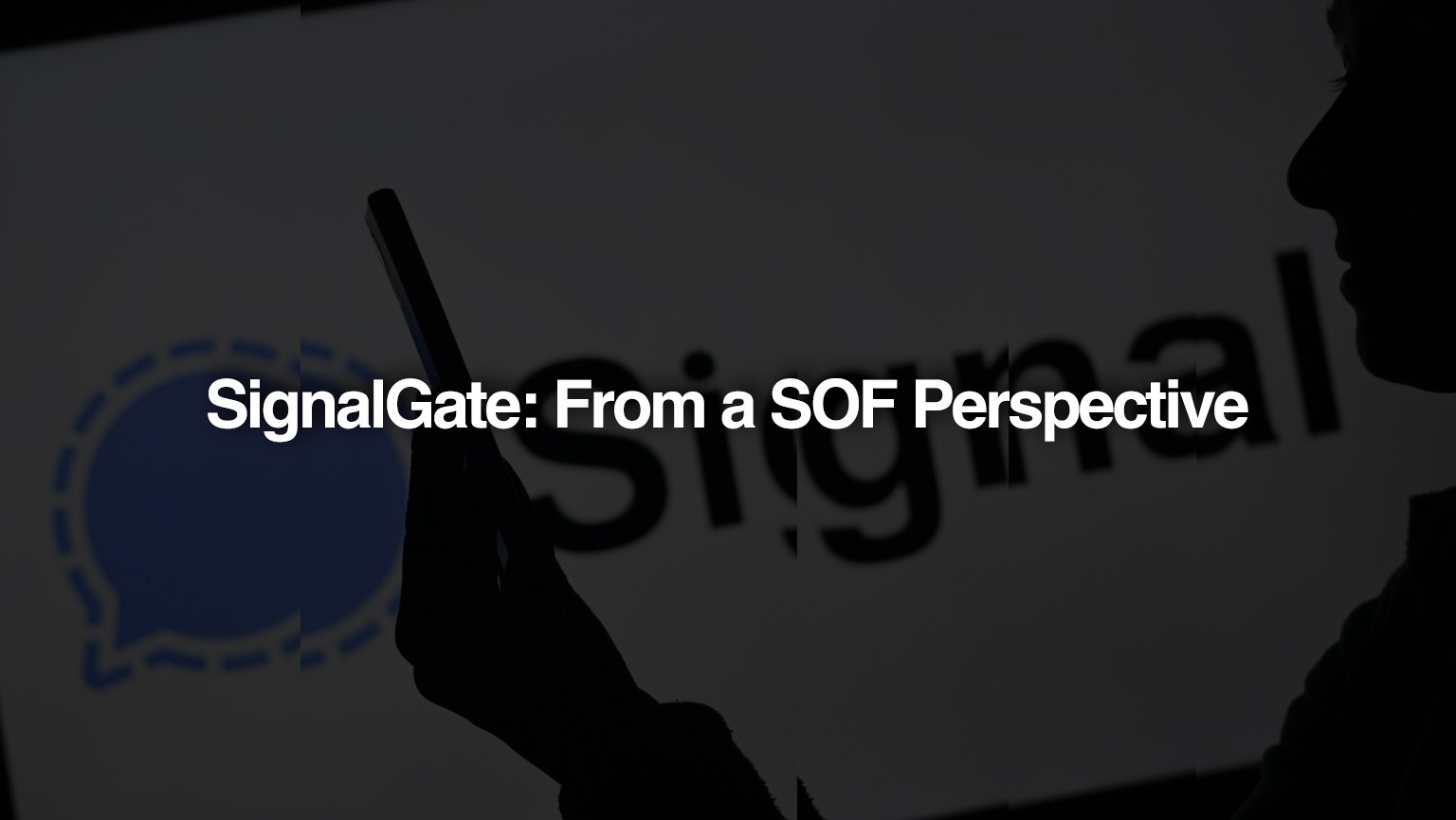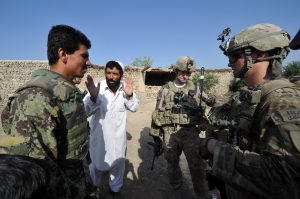I spent a lot of time deployed at the Operational level as an advisor and planner, where, in that position, information and intelligence were fed from operations on the ground. Each morning, my inbox was awash with classified intelligence reports of happenings from all over the region and the world.
I remember my first tactical deployment in Syria, where, after a couple of weeks, I asked the Green Beret designated as the ‘Fox’ – the intelligence expert on an Operational Detachment Alpha (ODA) – “Why aren’t we getting any intel reports?” He looked at me, puzzled for a second, and responded, “You are the sensor [idiot]!” (the idiot part was implied by his facial expression). He meant that we were the ground truth, reporting up to the operational and strategic level staff to refine and analyze operational information and turn it into finished intelligence. Most of what we did wasn’t classified until someone with the proper authority classified it. I never forgot that. Years later, I focused heavily on using publicly available information (PAI), and subsequently finished open-source intelligence (OSINT), to fuse with operations. I learned the power of the internet for piecing together information–everything from social media to gray literature to dark web forums. I found a United Nations Security Resolution (on the 23rd page of Google) that detailed the financial transactions of former Yemeni President Ali Abdullah Salah’s son and his attempt to hide from sanctions. I handed it to the Navy intel chief, who promptly uploaded it to classified networks.
Yesterday, The Atlantic broke a story about several Cabinet Officials trading policy discussions focused on Houthi strikes, who allegedly added the Editor in Chief by accident to the group chat using Signal, an open-source, encrypted messaging app. We have to assume every means of communication is compromised, even the classified ones. As a former Psychological Operations soldier deployed to austere environments, I haven’t made a communications PACE (Primary, Alternate, Contingency, and Emergency communications methods) plan that didn’t include Signal since 2017. Secretary Hegseth, National Security Advisor Waltz, Vice President Vance, along with the CIA Director, DNI, and other senior officials, discussed advanced plans to strike the Houthis. Backed by Iran, the Houthis have been disrupting international trade for more than a decade, but with little action by the Biden Administration, a stark escalation began after the October 2023 terrorist attacks on Israel conducted by Hamas.
We have to remember we are all human. In 2023, the Biden Administration published pictures of US Special Mission Unit operators in Israel – after declaring there were no US boots on the ground. That folly put American lives, and their families, in danger and delivered a propaganda win to Hamas and other Iranian-backed militia groups. In 2015, former CIA Director Brennan clicked on a phishing email despite (I assume) taking the government-wide mandatory online training (if you know, you know). In 1989, Gunter Schabowski, when asked about travel between East and West Berlin, answered in a press conference, “That comes into effect, according to my information, immediately, without delay.” The Berlin Wall came down shortly after – a major domino in the eventual fall of the Soviet Union. In 1964, miscommunication led to America’s deeper involvement in Vietnam after the confusing Gulf of Tonkin incident. These are all examples, reminders more so, that mistakes are made when time is a major factor – and in the case of conflict and competition, that means the difference between life or death. Risk management is the name of the game – and Signal, to these senior officials, took the risk.
After reading segments of the chat group, there are hardly any ‘war plans’ among the pithy exchanges. We’re not at war with the Houthis, and the Signal chat can barely be called plans. The Houthis are a designated terrorist organization, and the decision to strike them to protect the global commons or prevent further disruption is one that can be made without classified networks. These actions could be telegraphed from the minute President Trump took office and only solidified with the hawkish picks for his National Security apparatus. There is no doubt – the addition of The Atlantic’s Editor in Chief, Jeffrey Goldberg, was a gaffe that cannot be overlooked or repeated, and the CIA Director’s notes that went unpublished regarding possible ongoing operations should be reviewed and held accountable. The Atlantic’s Jeffrey Goldberg showed rare journalistic integrity in a cyclone of punchy, biased media by not publishing the names of active intelligence officers. Decisive action, in this case, spared the SCIF and sent a much-needed message to terrorist organizations around the world.
By the way, this blog is clean on OPSEC…
By David Cook
Executive Director





